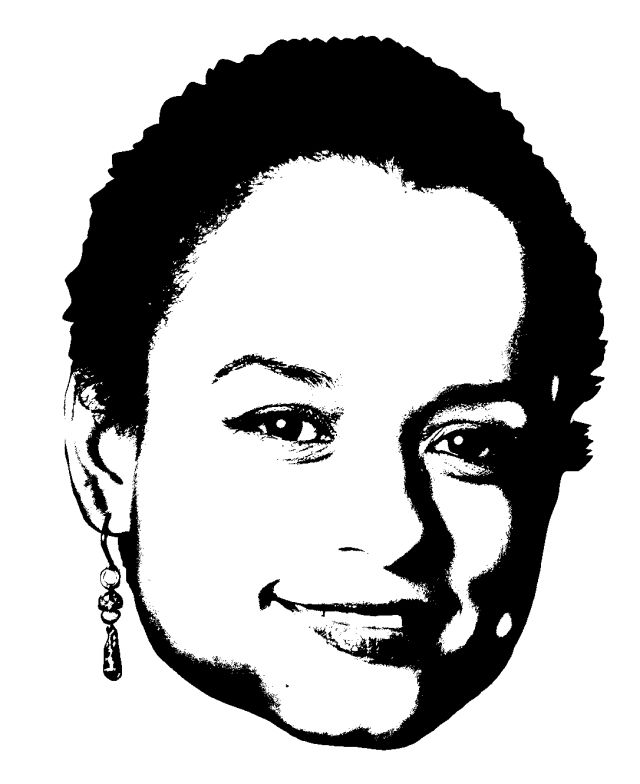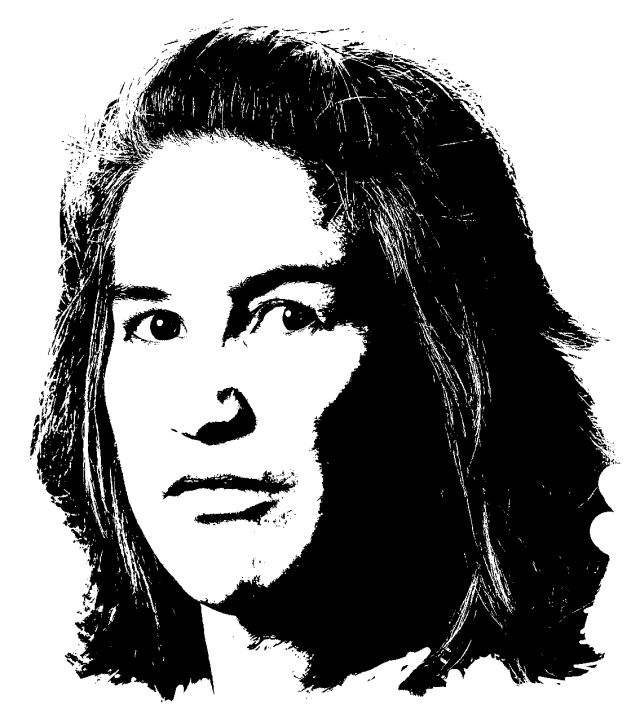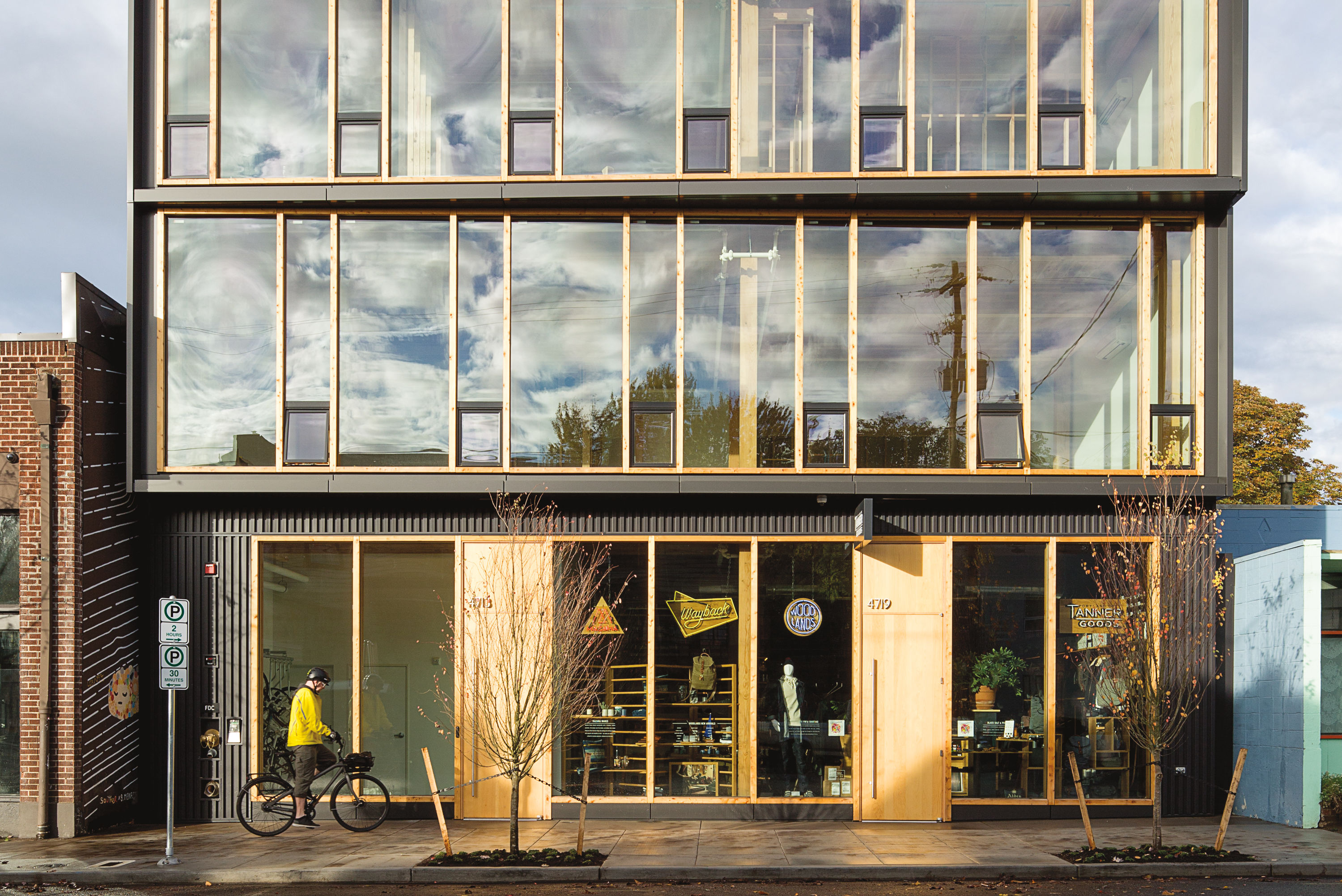What Kind of Development Does Portland Need Right Now?

Image: Michael Novak
Anyeley Hallová, partner, real estate developer Project^
“I’m on the board of the Portland Housing Center, a nonprofit that works to give people tools and resources to be able to purchase homes at an affordable price. The obvious need is affordable housing: rental housing, but also for sale. I don’t think of it just in terms of the city and the affordable housing developers, but a whole community of people contributing toward increasing housing in Portland, creating new tools and finding mechanisms and partnerships to achieve our affordable housing goals.
“We need to increase density, but we also need livable spaces. The ‘missing middle’ is important: you have larger rental apartment buildings, and you have single-family homes, but the missing middle is everything in between those two: townhomes, smaller apartment buildings, ADUs on single-family homesites.”

Image: Michael Novak
Ben Kaiser, owner/principal, Kaiser Group
“We only need developments that inspire. There are a number of Portland developers who understand that a project, whether large or small, has the potential to positively impact us all well beyond the confines of the building site. I believe in the power of architecture to teach us, bring us together, take care of us when we are away, reduce our carbon footprint, and open our minds. If it’s not doing that, it’s just a building. For us, that means timber and CLT (cross-laminated timber). We’ve now proven that timber and CLT can replace post-tensioned concrete and steel. This means that the core (the structural system) itself is now a renewable resource that stores carbon.”

Image: Michael Novak
Kelley Roy, founder/owner of the collaborative work hub ADX
“We’ve been working with Commissioners Eudaly and Fish [on the city council] to find solutions around affordable workspace for creative industries, for artists and designers and makers, and for small businesses. There’s a real opportunity to come together to help retain and protect the things we hold dear about our city, and a lot of that is in our arts and culture. We should identify people willing to take less profit and put artists and art organizations and makers and small businesses first, and help work with them to make them more financially viable over time.”




